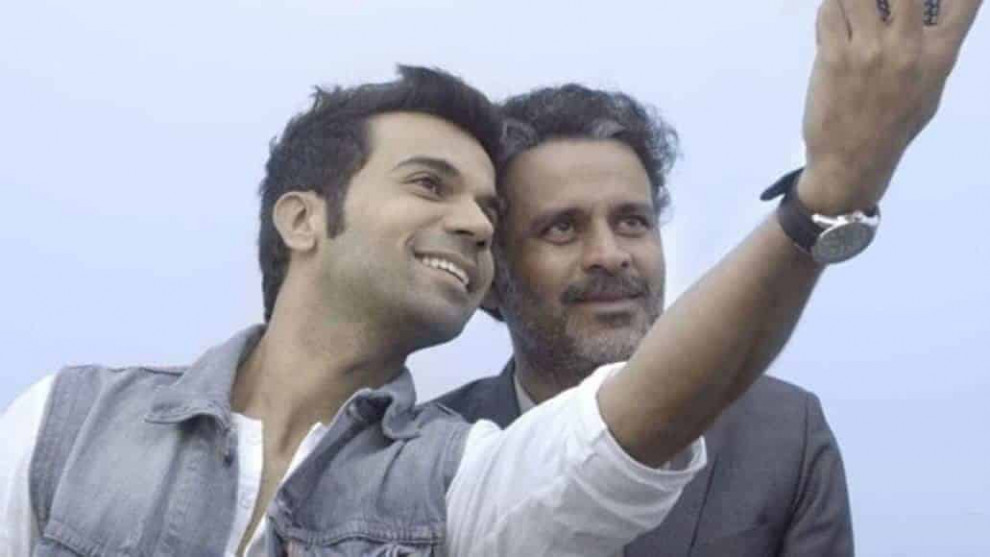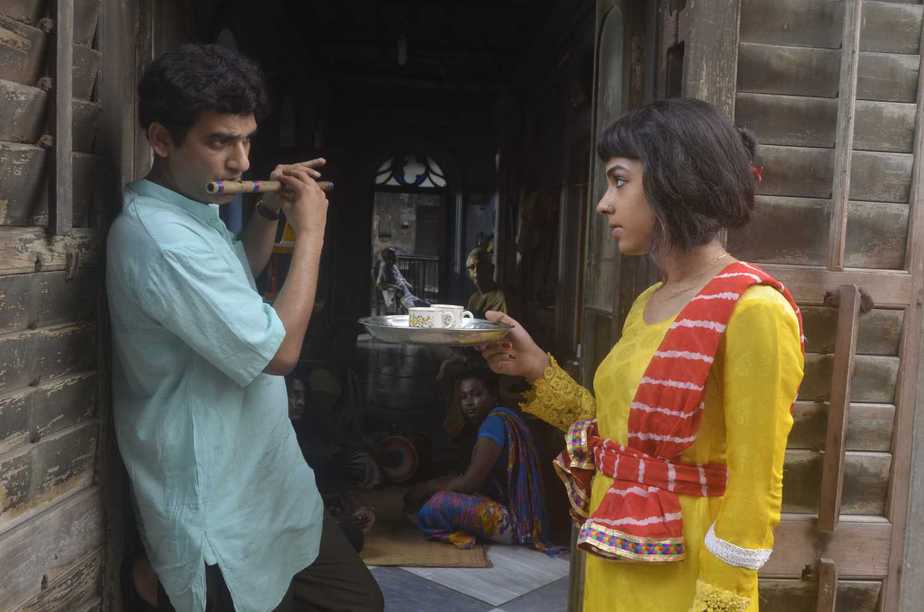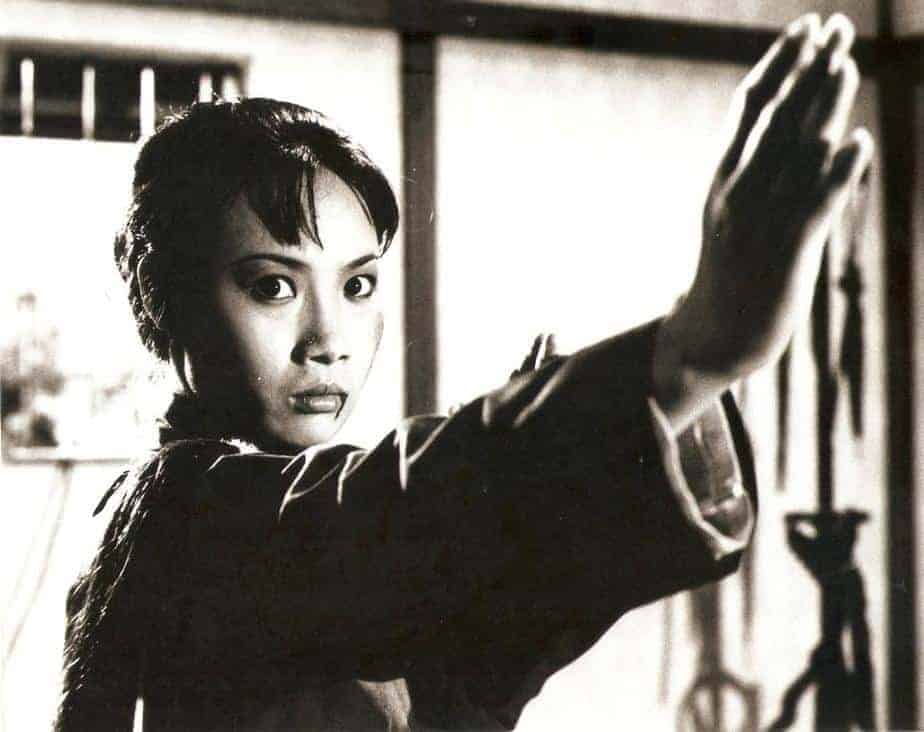By Puja Basu
The repealing of Section 377 of the Indian Penal Code was definitely a moment of monumental significance in contemporary Indian history. Even though the provision was a legislative relic of the British colonial government, the government of the United Kingdom had revoked this provision in their own country, much before India did the same. The struggle for equal rights and opportunities for people belonging to the LGBTQ+ spectrum in India is far from over; however, the past decade has seen some interesting trends in terms of representation of queer characters in Indian cinema.
For a society that still refuses to condone sex education because the subject continues to be taboo, the cinematic medium becomes an interesting means of initiating conversations on the matter, given its reach and capacity for mass engagement. It's been over two decades since the release of Deepa Mehta's “Fire”, which had created a furor owing to its portrayal of a same-sex relationship, that two between two sisters-in-law! While public response to such content has changed over the years, so have the kinds of stories filmmakers have been trying to tell. While most works tend to make the character's sexuality or their instance of ‘coming out' the focus of their trajectory, some have even managed to go beyond this narrative trope.
Here's taking a look at some of the most interesting Indian cinematic approaches in the last decade, to representing and narrativizing queer stories snd characters.
1. Dedh Ishqiya – (spoiler alert) Admittedly, the focus of Abhishek Chaubey's sequel to the masterclass in love, friendship, and betrayal that was “Ishqiya”, wasn't the relationship between Madhuri Dixit and Huma Qureshi. And yet, the subtle chemistry between the two women proved to be one of the more nuanced representations of a queer relationship in Indian cinema, without pandering to the straight male gaze. The shadow sequence, harking back to something of a similar nature in Ismat Chughtai's “Lihaaf” (an evident inspiration for this film) is the closest the film gets to a moment of intimacy, but the story hardly demands for anything more, and thus, the script remains true to this
2. Aligarh – Based on the real life story of a Marathi literature professor at Aligarh Muslim University, Ramchandra Siras, this 2015 film's subtly poignant narrative has proven to be one of the most sensitive Indian cinematic representations of what criminalization of one's sexual identity entails. The friendship between Manoj Bajpayee's Prof. Siras and Rajkumar Rao's Deepu, who's a journalist, is endearing and gives one hope. Yet, despite nearing a note of optimism towards the end, the story ends bleakly. This becomes the most potent trope in the film, given how it hits home the reality of stigma still associated with homosexuality in India.
3. Arekti Prem er Golpo / Chitrangada – Rituparno Ghosh was one of those rare Indian film-makers who managed to seamlessly interweave his own queer identity into his story-telling, never deterring from asserting that the personal IS political. His 2010 venture with Kaushik Ganguly, “Arekti Prem er Golpo”, moves back and forth in time to explore filmmaker Abhiroop Sen's endeavor to make a film on the actor Chapal Bhaduri. Bhaduri was known to play female roles onstage at a time when women weren't allowed to perform publicly. “Chitrangada” too explores the ideas of performance and performativity and gender as Rudra Chatterjee directs a production of Tagore's “Chitrangada” while struggling with his own sexuality and identity. Both films see Ghosh play pivotal characters as he explores the question of queer identity as both actor and filmmaker, with nuance and efficacy.
4. Margarita With a Straw – This Kalki Koechlin starter manages to push several boundaries concerning questions of cinematic representation and inclusivity, as its protagonist happens to be a young woman suffering from cerebral palsy. Kalki's Laila Kapoor is a free-spirited aspiring writer and musician, who navigates her way through life's trials and tribulations. The film delves into multiple complex questions, such as those of queer sexuality as well as disability, without getting lost in the complications. It also gives articulation to the confusion entailed by bisexuality, by way of Laila's relationship with the people in her life. Koechlin's performance is easily the major highlight of this film that is bound to stay with you for a long, long time.
5. Nagarkirtan – This 2017 film by Kaushik Sen compels us to ponder over the question of the double burden of marginality. The protagonist Porimal, a transwoman played by Riddhi Sen, leaves behind her home to join a coterie of eunuchs who sing at Calcutta traffic signals to earn money. Porimal who identifies as Puti, falls in love with Ritwick Chakraborty's Madhu, but is eventually confronted by the prejudiced reality that continues to be the fate of most transgender individuals in India. Riddhi's National Award winning performance proves to be a heart-wrenching viewing experience, while Puti and Madhu's relationship cements its position as a tremendously real and humane portrayal of queer relationships in marginal communities.
6. Loev – What's especially interesting about this 2017 Netflix release is how it steers clear of any moral didacticism or even subtle sermonizing on the issue of same-sex relationships or LGBTQ rights. The story simply seeks to explore how the dynamics between two old friends changes, when they take a trip upon meeting after several years and are compelled to confront the attraction that they feel towards each other. One of them is already romantically involved with another person, thus further complicating the situation. The story touches upon the seemingly banal things which constitute every human relationship – love, longing, heartache, infidelity, and even the problematique of equating romance with violence. And yet, it isn't just a run-of-the-mill love story, because it explores these questions via same-sex romance, while also raising more complex issues such as that of ‘coming out' and embracing ones sexuality.
7. Shubh Mangal Zyada Savdhan – Seeing a mainstream superstar play a queer character on the big-screen, albeit not as caricature but in all genuity, is perhaps going to be pivotal in destigmatizing homosexuality in a country which loves the movies as much as we do. This Ayushmann Khurrana and Jitendra Kumar-starrer attempts to do just that, with subtle jibes at homophobia that is characteristic of middle-class Indian society. However, the script is never so blatant as to potentially alienate its audience with overt social commentary. Jitendra's Aman comes from a family that finds the reality of his orientation revolting. The film builds on this premise, by making use of humor and a stellar cast, to narrate a story that is real and relatable, while still subverting Bollywood norms of heterosexual love and ‘heroism.'
















